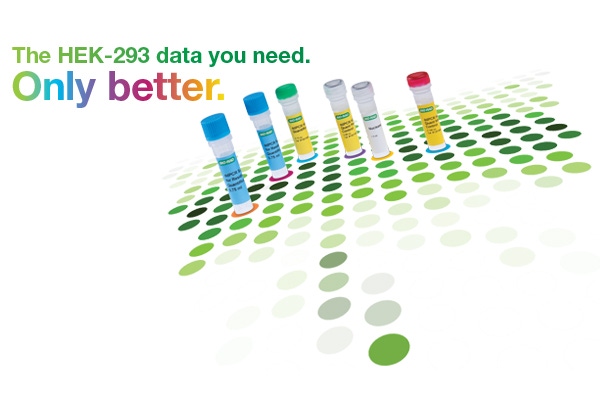- Sponsored Content
- Manufacturing
Transitioning from Quantitative PCR to Droplet Digital PCR for HEK293 Host Cell DNA Residual TestingTransitioning from Quantitative PCR to Droplet Digital PCR for HEK293 Host Cell DNA Residual Testing
July 7, 2022

Already have an account?
Sponsored Content
HEK293 cells are a dominant platform for cell and gene therapy production because they are highly effective at producing large amounts of recombinant viral vectors. However, it is critical to remove trace host cell contamination from therapeutic products to avoid endangering patients. To meet rigorous regulatory guidelines, biopharmaceutical manufacturers need a HEK293 detection method that delivers high-quality, quantitative data with a simple, reliable workflow.
This white paper discusses the transition from quantitative PCR (qPCR) to Droplet Digital PCR (ddPCR™) for HEK293 residual DNA quantification. A bridging study between the qPCR and ddPCR formats demonstrates the differences and similarities to consider between these two methods. Compared to qPCR, Droplet Digital PCR provides sensitive HEK293 quantification with high specificity and reproducibility without the need for extraction or reliance on a standard curve.
Through this whitepaper, you’ll discover how the Vericheck ddPCR HEK293 Residual DNA Detection Kit provides:
High sensitivity and specificity
95% specificity to HEK293 DNA when tested against Chinese hamster ovary, E. coli, and Vero cells
Extraction-free, easy-to-use protocol
The assay works with broad range of sample types from in-process samples (cell lysate, cell culture media, sonicated sample, AAV) to purified final product (PBS with human serum albumin) using an extraction-free workflow
Auto-thresholding with Regulatory Edition software
Quantitative data analysis providing confirmation on the quantity of HEK293 residual DNA
Download the whitepaper today and find out how this detection kit can empower your team and provide greater confidence in your biopharmaceutical products.
About the Author
You May Also Like






